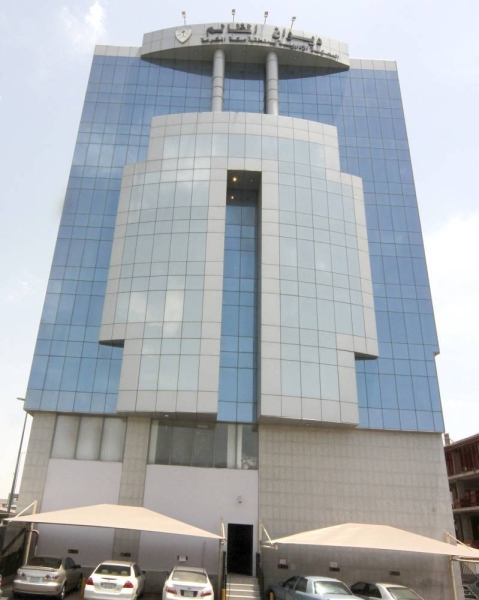
The Jeddah Personal Status Court ruled in favor of a divorced woman, who suffers from hearing and speech problems and poor eyesight, ordering her ex-husband to pay the defaulted dowry amounting to SR15,000.
Following the court order, the Execution Court in Jeddah suspended the computer services of the man, who is an Arab national, and obligated him to pay the amount within five days from the date of notification, or will have to face the penalties stipulated in the Execution Law.
Speaking to Okaz/Saudi Gazette, a source close to the family of the woman said that the Personal Status Court in Jeddah arranged a sign language interpreter so that it was able to understand the plaintiff and translate the dialogue between her and the judge when the court came to know that the divorced woman could neither speak nor hear.
The plaintiff, represented by a legal agency, told the court that the defendant who divorced her after begetting a son and daughter did not hand over her the dowry, amounting to SR 15,000, which was agreed upon at the time of divorce.
The Personal Status Court earlier issued a ruling in which it obligated the defendant to hand over the plaintiff the delayed dowry agreed upon in the marriage contract. The court also referred the judgment to the Execution Court, which in turn ordered the former husband to pay the amount within five days from the date of notification, or the penalties stipulated in the Execution Law shall be implemented against him.
Justice ministry’s support to people with special needs
It is noteworthy that the Ministry of Justice usually uses translators to support deaf and dumb people in court proceedings. This is in line with the ministry’s vision and plans to support people with disabilities such as the deaf, dumb, elderly, and the like, in light of the interest in strengthening the services provided to them. The interpreter notifies the date and details of the court session through modern means of communication such as SMS and e-mail.
The Ministry of Justice launched a simultaneous signal translation service for deaf beneficiaries of legal services in courts, notaries, and all judicial headquarters through the digital service titled Ishara (signal), in an effort to improve the satisfaction of beneficiaries of legal services for all segments of society.
The ministry also noted that deaf persons can enter all its justice facilities, use the Ishara application that is available for download in smartphone stores, and talk to service providers in a smooth and flexible manner. It stressed that the service removes all communication barriers between justice service providers and deaf beneficiaries with high quality as well as in a safe atmosphere, maintaining privacy.
Attorney Rana Al-Ghamdi said that the regulations and legislation of the Ministry of Justice have contributed significantly to the consolidation of the justice system and the protection of rights of all parties, as well as to raising the efficiency and quality of work and the advancement of justice services, especially with regard to family affairs.
“The fruits of the Personal Status Law and the rest of the judicial laws have reinforced the status of the family and contributed to serving the interests of women in pre-marriage and post-marriage contracts. These laws drew a road map for the rights of wife and children with regard to custody of children, alimony, visit of children, and lawsuits for the annulment of marriage in all its aspects,” she said while emphasizing that there are provisions in the law to show fair treatment to clients who are non-Arabic speakers as well as to people with special needs, especially deaf persons, by providing specialized interpreters, including simultaneous sign translation service during the litigation phase, in a way safeguarding their rights.












